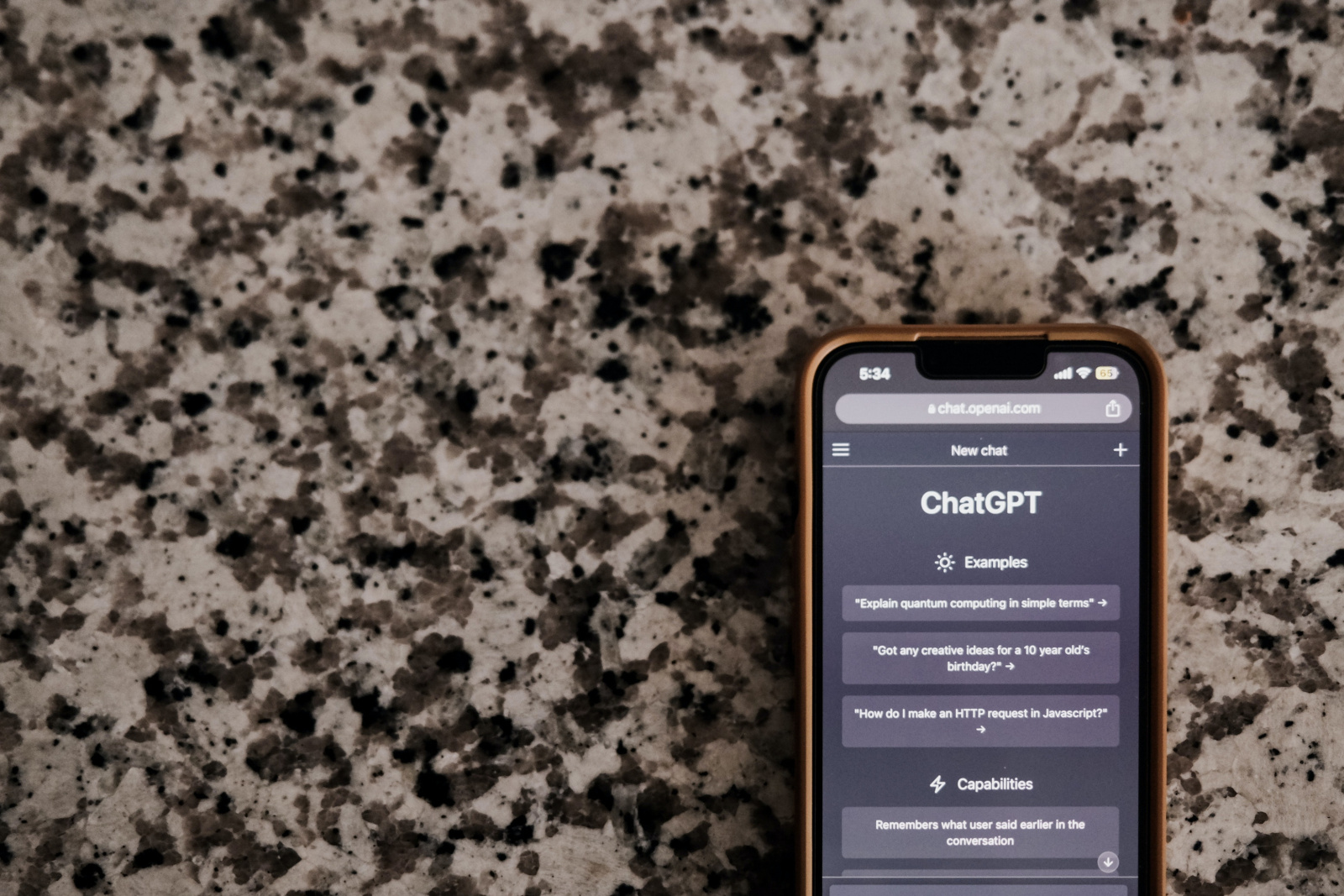
ChatGPT- How will it affect your child’s education and future?
Have you had a chance to read my recent blog posts? If so, did you notice any differences? Like many of my students and friends around the world, I've been experimenting with ChatGPT to learn more about it and how it might impact my students and be used in the future. I've been exploring the pros and cons of this new technology.
The first thing I discovered is that ChatGPT is excellent at generating information and ideas. If prompted to write about a specific topic, it can produce an essay or blog post with ease. However, it's important to note that ChatGPT is only as biased as the information it accesses. For instance, if you prompt it to write about rankings, it will highlight their importance and benefits. But if you modify the prompt and ask whether rankings are detrimental, it will instead point out their flaws and issues. Essentially, ChatGPT regenerates the bias you bring to it, unless prompted to do otherwise.
The second issue I encountered is that ChatGPT lacks a personal or emotional voice. When I asked my wife for her opinion on my recent blog posts (without revealing that they were generated by ChatGPT), she found them informative but lacking the personal and insightful touch of my previous posts. Upon rereading them, I have to agree with her assessment. While the writing style is clear, the voice lacks the emotion and experience of a human writer.
So how does this impact children and schools? First, regardless of whether you are a fan or foe of AI, it's not going away. We must learn to work with it. One of the primary benefits of AI for students is its ability to generate ideas. By asking prompting questions in various ways, students can get a 360-degree view of the possibilities and ideas available. ChatGPT can quickly provide a well-rounded set of thoughts and ideas.
Secondly, ChatGPT can help students improve their writing skills and grammar by providing a starting point that can be rewritten and refined. It excels at eliminating unnecessary words and phrases. If students pay attention and use this tool, they can improve their English skills and writing abilities.
Finally, AI can help speed up the process of accessing information. It can generate data and facts that would take a person hours to find. ChatGPT can do this quickly and efficiently and even provide sources for the information provided, saving students a great deal of time.
However, students must exercise caution when using ChatGPT. It can make mistakes, such as the example of stating that Chiang Kai Shek had five children when he only had one. The system can struggle to logically collate and sort through information or disregard certain data. It's important for students to check the accuracy of the information it provides and to ask ChatGPT to cite its sources.
In conclusion, ChatGPT and similar AI technologies are here to stay. I strongly recommend integrating them into the educational journey as soon as possible, but with an awareness of their limitations and quirks. ChatGPT can generate ideas and high-quality writing, but it cannot replicate the creativity, critical thinking, emotional voice, and unique perspectives that humans possess.
Famous Alumni
Andrew Rooney (Andy Rooney), was one of the most influential investigative journalists of his time. He became a household name in the US with his end of show segment on 60 minutes called A few minutes with Andy Rooney. Andy Rooney is a graduate of Colgate University, a small liberal arts college in Hamilton, New York State. Mr. Rooney passed away at the age of 92 in 2011.

